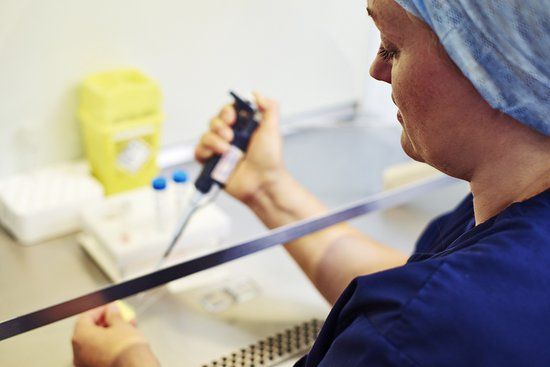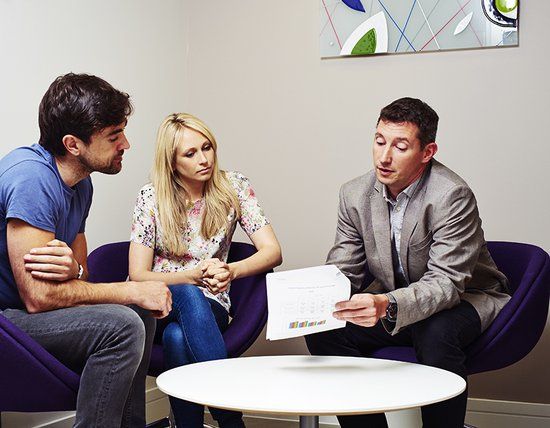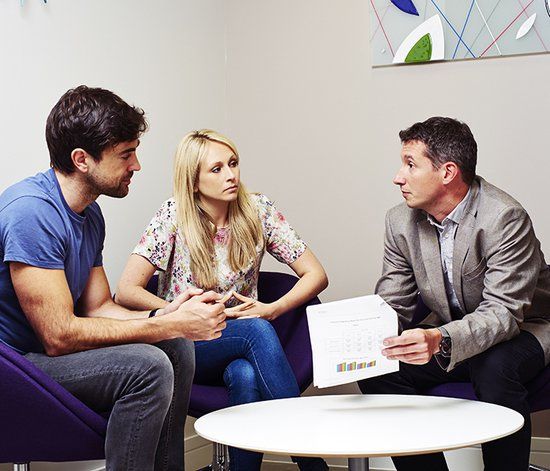
If you are researching and getting ready to start fertility treatment in 2019, you will see there are many different types of treatments available.
Here is your snapshot guide to the treatments that can help you have a baby, how they work and when they might be advised:
IVF
How IVF works: IVF – In Vitro Fertilisation – involves stimulating your ovaries to produce mature eggs, which are then fertilised in our laboratory with your partner’s sperm or donor sperm. We monitor your embryos to look for the right stages of growth, transferring the embryo with the best pregnancy potential to your uterus so it can implant and grow for pregnancy.
What to consider:IVF can help overcome a wide range of fertility issues, from mild male factor infertility to blocked fallopian tubes or scarring, which prevent natural conception.
Success rates for IVF are largely consistent across clinics, with your individual chance of pregnancy dependent on factors such as your age, ovarian reserve and embryo quality. Your IVF cycle at Manchester Fertility will be tailored and personalised to you, using a range of advanced techniques if necessary, to maximise your chances and help you achieve pregnancy in the least number of cycles.
ICSI
How ICSI works:ICSI – Intracytoplasmic Sperm Injection – is designed for male infertility. Instead of mixing sperm and eggs together, our expert lab team identifies and extracts the best healthy sperm from the sample, which are individually injected into each egg. This overcomes issues which can prevent fertilisation naturally such as low sperm count, poor moving sperm and abnormally-shaped sperm.
What to consider:ICSI is only generally advised for sperm issues. It is also advised if you are using sperm that has been surgically retrieved, or if sperm have a high level of DNA damage. Using ICSI, we are able to hand select only the healthiest sperm for use in fertility treatment.
IUI
How IUI works:IUI – Intrauterine Insemination – is the least invasive fertility treatment that is available and does not require any fertility medications, unless you have ovulation issues. Your partner’s sperm or donor sperm is carefully inserted into your uterus around the time of ovulation, in the hope that the sperm fertilises the egg for pregnancy.
What to consider:For IUI to be successful, you must have no other fertility issues that would prevent the sperm reaching the egg, such as scarring or blockages, and sperm must be healthy. Because of this, IUI isn’t suitable for everyone. We will advise if IUI is right for you at your consultation. You may also need a number of cycles of insemination to achieve pregnancy. If you have not conceived after three cycles, we will carry out a cycle review as you may require further fertility investigations.
Treatment with donor eggs
How IVF with donor eggs works:Using donor eggs to have a baby involves carefully preparing your body for pregnancy, whilst at the same time fertilising eggs from your chosen donor with your partner’s sperm or donor sperm in our laboratory. The best embryo is then transferred to your uterus for pregnancy.
What to consider:Donor eggs are strongly advised if you are over the age of 44 - we offer IVF up to the age of 50. But women of any age can find they need an egg donor to conceive, if they have medical conditions such as Premature Menopause, Premature Ovarian Failure or a very low ovarian reserve. You can choose to have treatment with fresh or frozen donor eggs at Manchester Fertility, from our own in-house donor bank, with frozen donor eggs a quick, cost-effective option.
Explore fertility treatments
Read our Guides to find out more about the fertility treatments suited to you, and book your free 1-2-1 with a Patient Advisor to talk to us about your options, including our treatment packages.
You can also call us on 0161 300 2737. We have immediate consultations available with our fertility specialists. Self-refer online and we will be in touch.
Last updated: 14th February 2019








